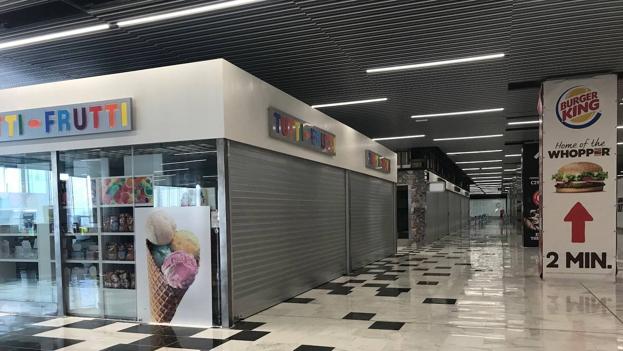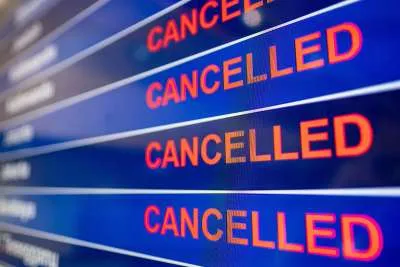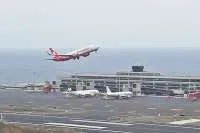Aena charges 100% rent to airport shops and restaurants after no reduction agreement
- 04-02-2021
- Business
- Canarian Weekly
Aena and the airport shops and restaurants have failed to reach an agreement after lengthy negotiations for a rent reduction, even though many are still shut and airport traffic has reduced by between 85 and 90%. Because of this, they have just issued all the rent receipts to their tenants, some of which are small companies and some of which are multinationals, for the full 100% of 2020’s rents.
They have been negotiating a rental adjustment since the summer to accommodate the reality of the Covid pandemic that has caused a drop in passengers of more than 70% and sales of around 90%, as an average across the network.
In general, Aena receives income that can reach up to 45% of the declared turnover of these businesses, depending on location, and a further 70% of their advertising income from these same businesses for internal promotion inside the airport.
This variable income, which is calculated monthly, is compensated by another annual one, called the guaranteed minimum income, which seeks to pay Aena if the company’s sales are lower than the agreed percentage. With Covid, it has meant an extra outlay for locals not being used, which has not been adjusted to real sales.
This means that, for example, a store taking 60,000 euros a month is paying 24,000 euros a month or 288,000 euros a year rent, based on 40% of turnover. But with a drop of 80% is only taking 12,000 euros a month or 144,000 euros a year, but Aena want the whole 288,000 euros as per the guarantee with no adjustment for losses due to Covid.
In Spain as a whole, Aena has 800 contracts with shops, bars and restaurants which earn them 1.2 billion euros per year and in the Canary Islands alone these contracts are worth 150 million euros annually.
In the months of negotiation, Aena proposed a formula that involved dividing the rent for 2019 among the passengers of that year and multiplying with those of 2020, so that the rent was adjusted to their income. The companies gave the go-ahead to this formula, and Aena signed a deal in November with the 'rent a car' tenants. However, unilaterally and surprisingly, they decided to leave out shops and restaurants from this deal, and proposed another agreement which they all rejected as "unaffordable".
In line with the Royal Decree 35/2020, approved by the Government to alleviate rent to SMEs and self-employed in the hospitality and tourism industry, Aena offered a proposal in January that “lead directly to suspension of payments.”
In this, Aena proposed to collect the entire guaranteed minimum income between March 1st and 14th 2020 when the airport was operating normally, suspend the entire payment of the months of confinement, and charge 50% from June 21st until September 8th 2020, which is when they thought at the time that the Covid crisis would be over (something that is still unlikely today). The agreement carried a clause they didn’t like though, which was if accepted they would renounce their rights to claim against Aena.
The proposal was also accompanied by an ultimatum that was difficult to accept. Aena warned the companies that, if they did not adhere to the agreement, they would be charged 100% of the 2020 rent, including the state of alarm and confinement periods.
The deadline to reply ended on January 31st and only 10% have given their approval to the proposal. So Aena has made good on its threat and have now started to send letters with invoices, claiming 100% of the rent.
Many of the small companies involved have grouped themselves on a platform and are considering going to court, as some have done individually in the Canary Islands. The big ones, such as Canariensis, Áreas and SSP, do not want confrontation and hope to reach an agreement in the near future.
Other articles that may interest you...
Trending
Most Read Articles
Featured Videos
A Vision of Elvis Tenerife Promo
- 10-05-2025
TEAs 2025 Highlights
- 17-11-2025

























































